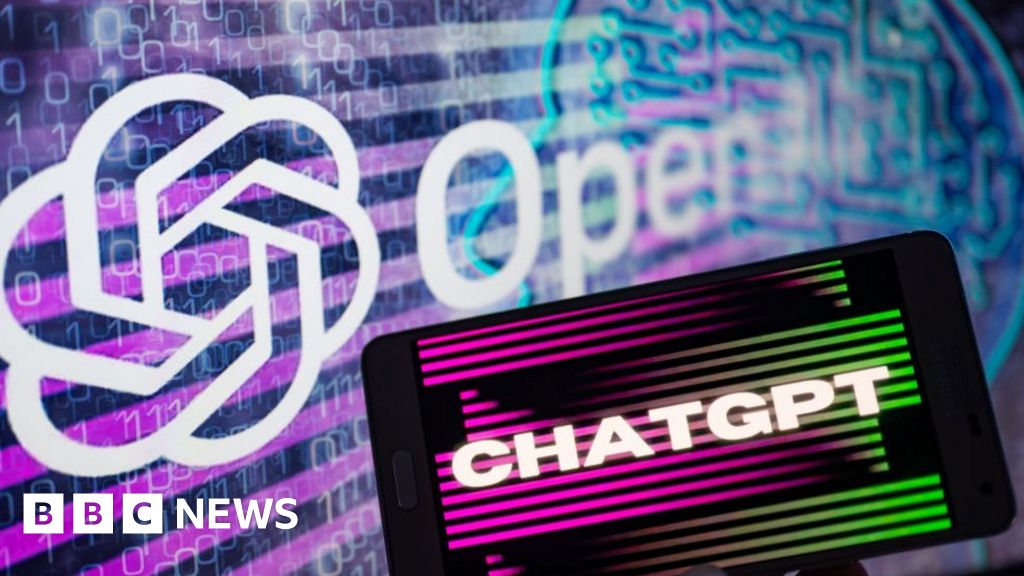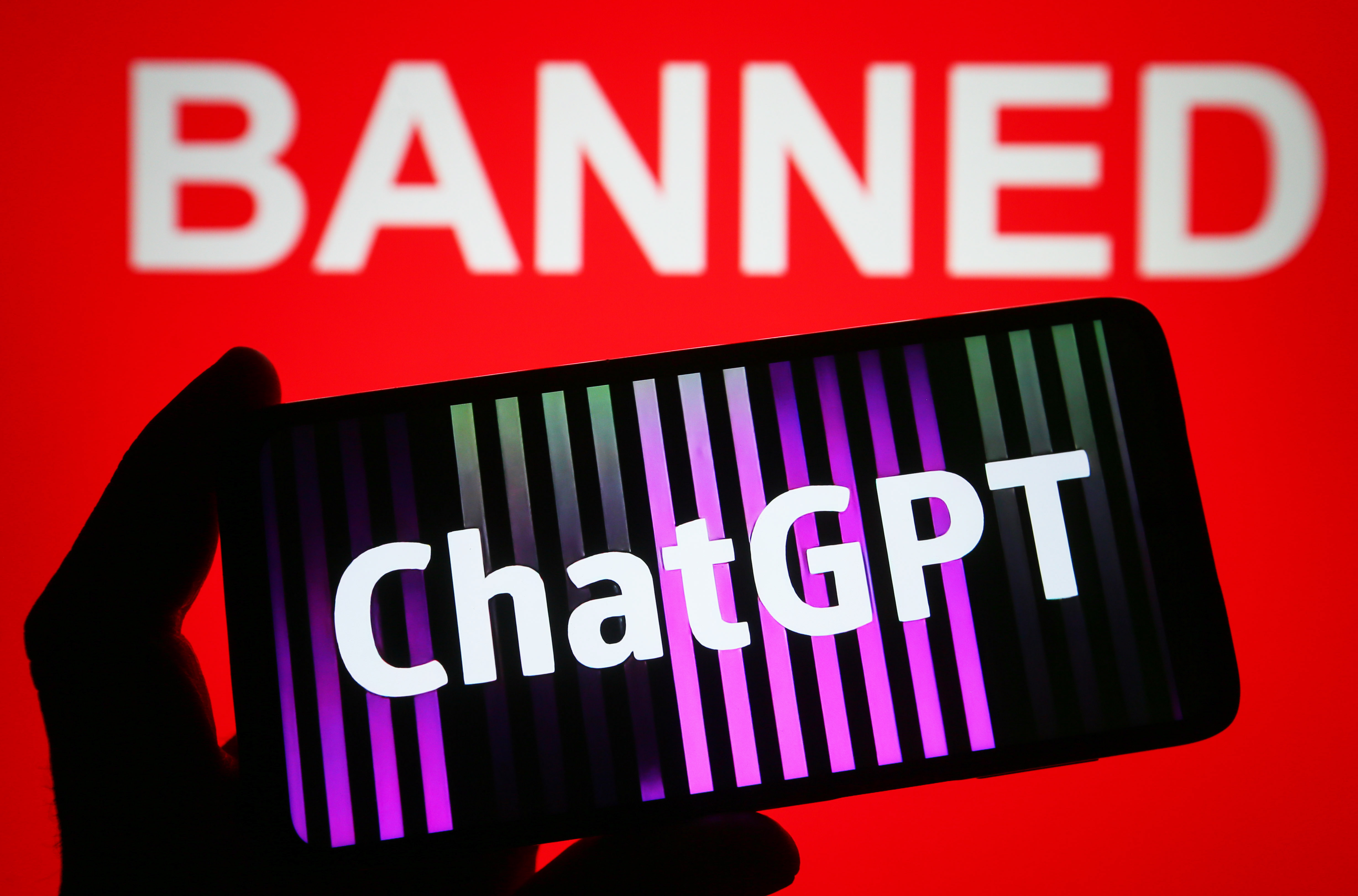The AI-generative chatbot ChatGPT from OpenAI has been banned or restricted in various countries due to concerns over its potential for misuse and lack of regulation. China has banned the platform over fears of misinformation and Western influence, while Russia is also concerned about ChatGPT’s ability to influence narratives.

Iran, North Korea, Cuba, and Syria have also restricted access to the platform due to strict internet censorship and government control.
Italy recently banned ChatGPT citing privacy concerns and a data breach that allowed users to see others’ chatbot conversation titles. Other European nations are reportedly considering similar measures.
The ChatGPT AI Chatbot from OpenAI has become a viral sensation in recent years, but it has also raised concerns among several countries over privacy and security issues.
Several countries, including Italy, China, Russia, Iran, North Korea, Cuba, and Syria, have either banned or restricted the use of the chatbot within their borders.
ChatGPT Been Banned in Multiple Countries:
Italy: The Italian Data Protection Watchdog, Garante, has banned ChatGPT citing privacy concerns. Garante ordered OpenAI to stop processing Italian users’ data during an investigation into a data breach that allowed users to see others’ chatbot conversation titles. The organization also expressed concerns about ChatGPT’s lack of age restrictions and its ability to provide inaccurate information in its responses.
China: China has concerns that the US could use AI platforms like ChatGPT to spread misinformation and influence global narratives. Due to its strict rules against foreign websites and applications, and the current low point in relations between China and the United States, China has banned ChatGPT and it is unlikely that it would allow other platforms similar to ChatGPT to operate across its borders.
Russia: Moscow is also concerned about the potential for misuse of AI generative platforms like ChatGPT. Additionally, given the current indirect conflict with Western countries, Russia is also not risking allowing a platform like ChatGPT to influence narratives within the country.
Iran: Iran is known for its strict censorship regulations and the government also strictly monitors and filters internet traffic, restricting access to many websites and services. Additionally, relations between Iran and the US have deteriorated since the Trump administration withdrew from the nuclear pact. And following all the political stress, the AI chatbot from the US is not available in Iran.
North Korea: In North Korea, the government of Kim Jong-un has heavily restricted internet usage and closely monitors the online activity of its citizens. Given this level of authoritative control, it is not surprising that the North Korean government has banned the use of ChatGPT.
Cuba: In Cuba too, internet access is limited and strictly controlled by the government. Many websites are blocked and not accessible to the public including OpenAI’s artificial intelligence-backed chatbot ChatGPT.
Syria: In Syria, a country in the Middle East with strict internet censorship laws, the government heavily monitors and filters internet traffic. This prevents users from accessing various websites and services. For the same reason, ChatGPT, the AI platform developed by a US-based company, is also not available.
The bans and restrictions on ChatGPT in multiple countries can have serious consequences for OpenAI. The Italian Data Protection Watchdog has warned OpenAI to resolve the raised concerns in 20 days or face a fine of up to $21.7 million or 4 per cent of yearly revenues.
Such fines can be devastating for a company that relies heavily on research funding and investments. Moreover, OpenAI’s reputation can also be tarnished, which can affect future collaborations and partnerships.
The bans and restrictions on ChatGPT in multiple countries highlight the potential risks associated with AI chatbots and other AI technologies.
While AI chatbots can offer many benefits, such as improved customer service and personalized recommendations, they can also pose serious privacy and security risks if not properly regulated and monitored.
As such, it is essential that companies developing AI chatbots and other AI technologies prioritize the privacy and security of users.
Moreover, the bans and restrictions also underscore the need for more international collaboration and cooperation when it comes to regulating AI technologies.
As AI technologies continue to advance and become more ubiquitous, it is important that countries work together to establish standards and regulations that ensure the ethical and responsible use of these technologies.




/cloudfront-us-east-2.images.arcpublishing.com/reuters/BSC47WEIKBOHLD3Z2DATPPZN5E.jpg)


















+ There are no comments
Add yours